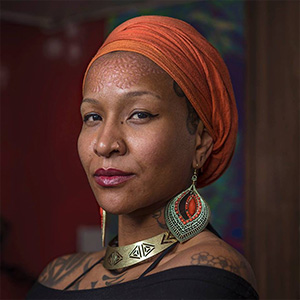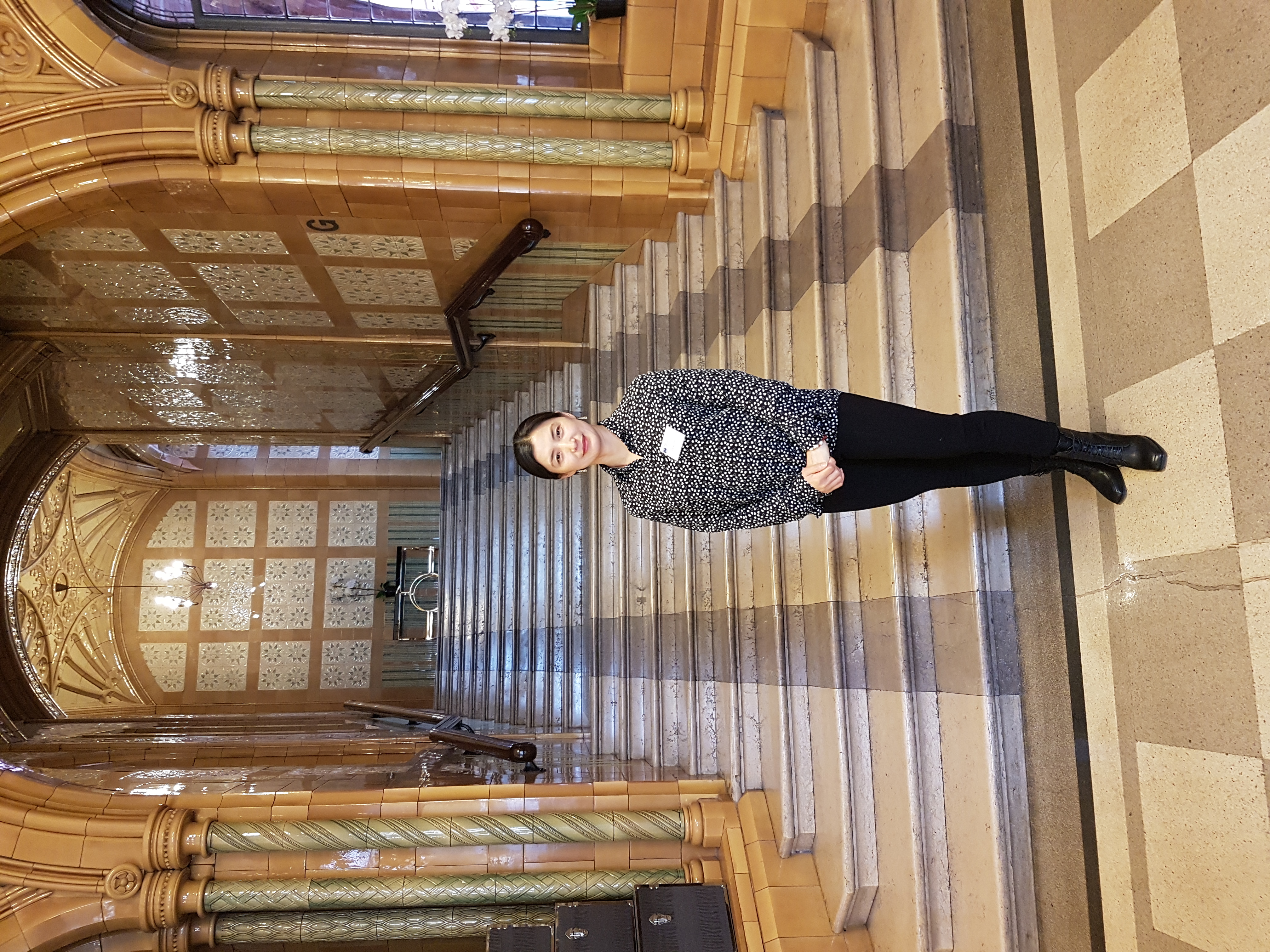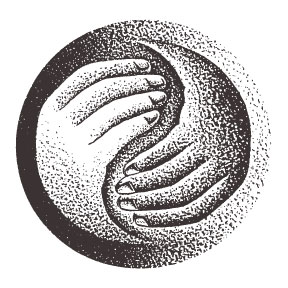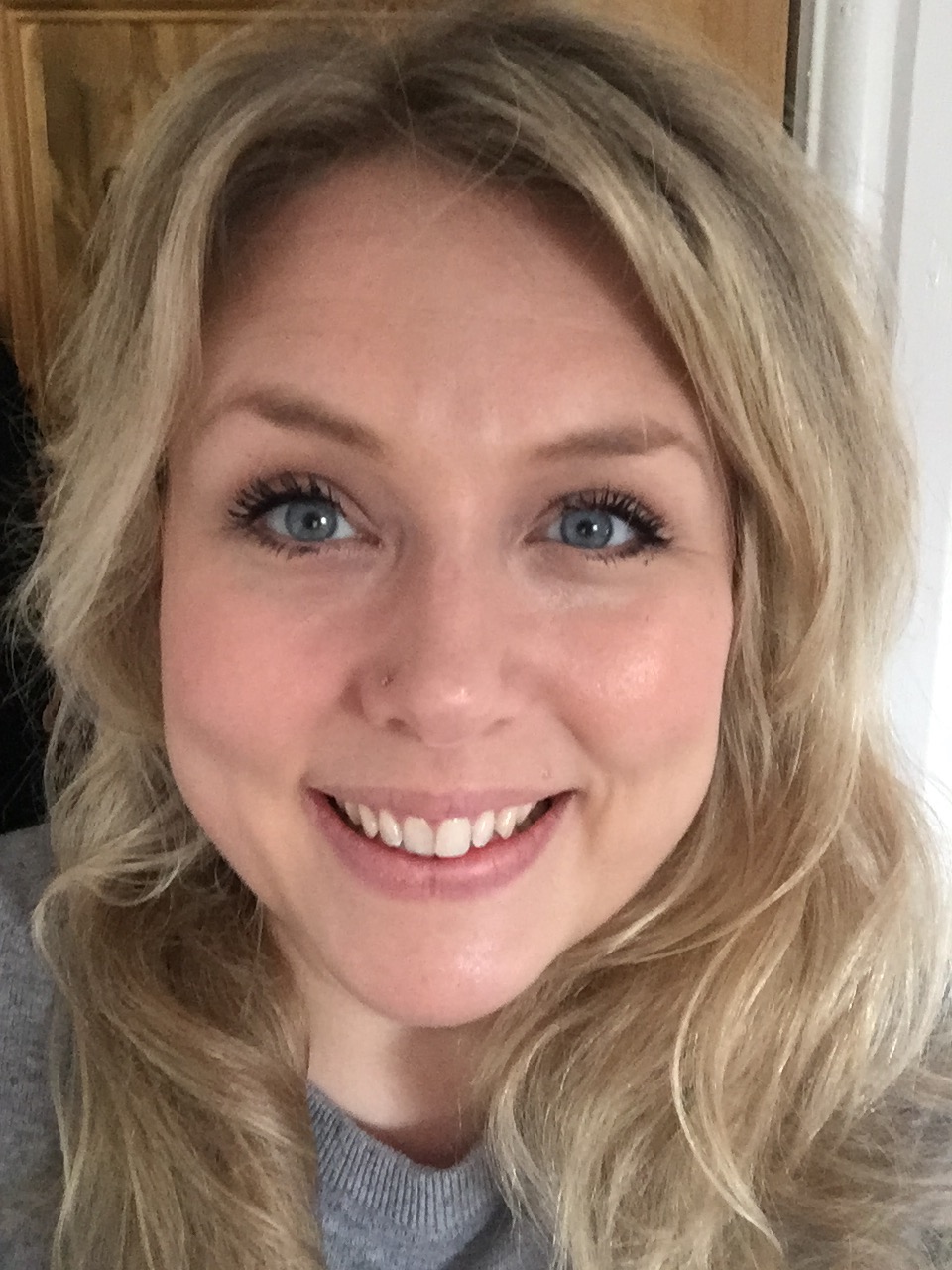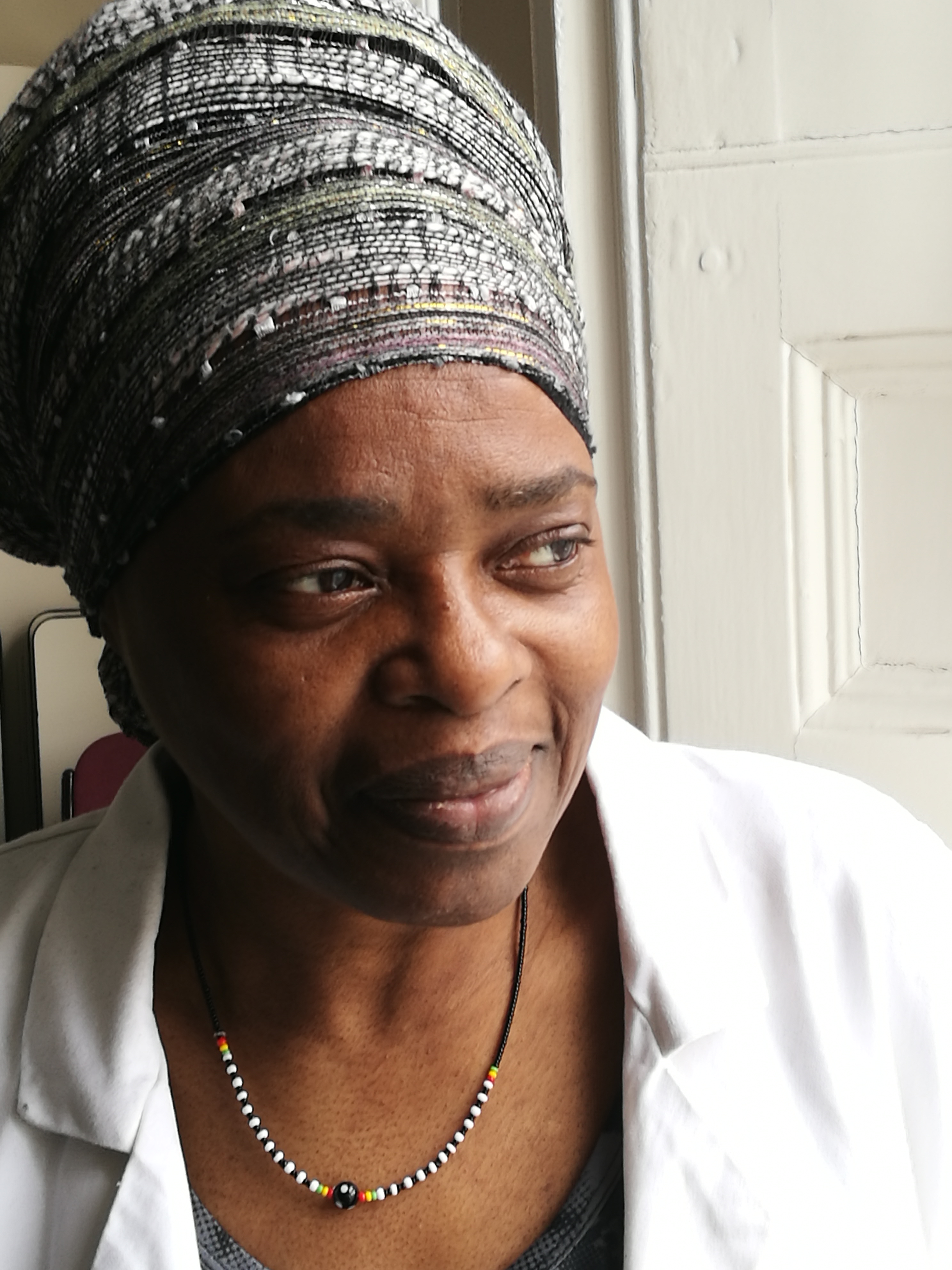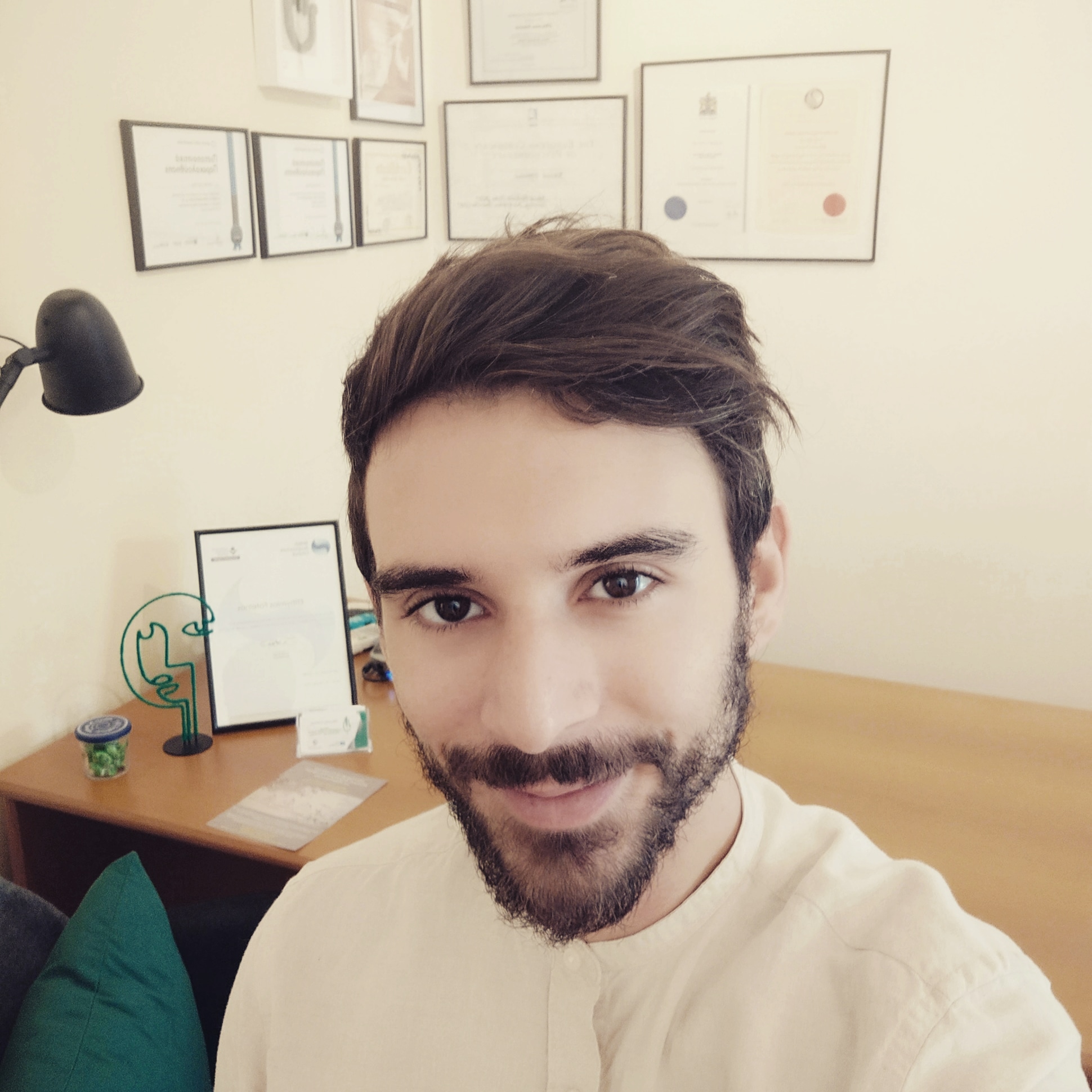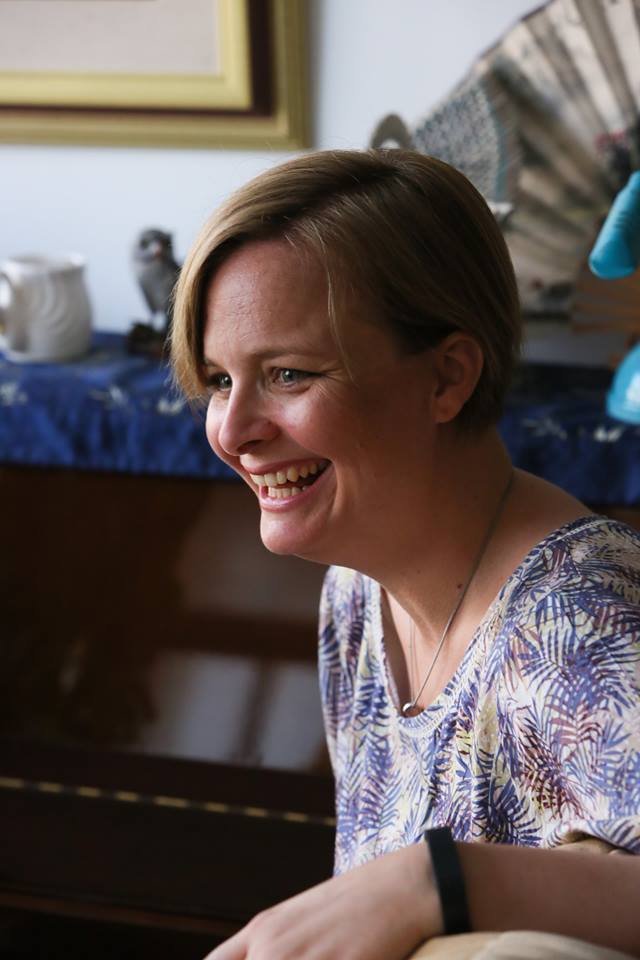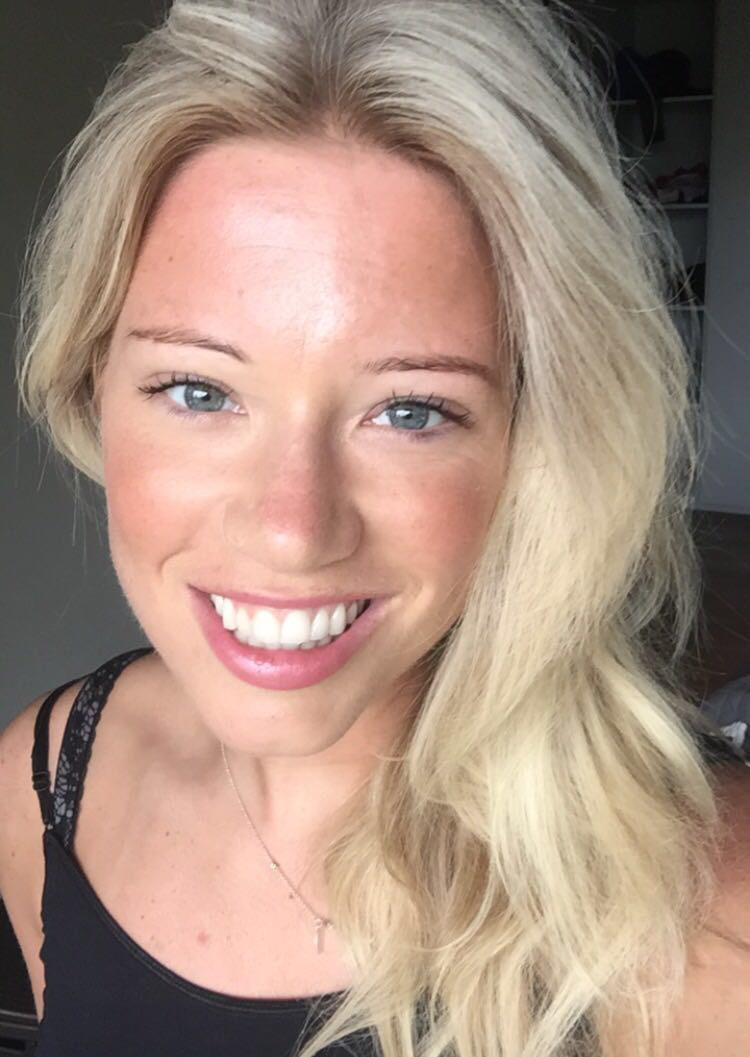Student Intellectual Property Rights Policy
This Policy provides guidance for both staff and students on CICM’s position relating to Student Intellectual Property Rights. “Intellectual Property” includes patents, copyright, database rights, rights in respect of confidential information, physical property rights in materials and applications for any of the above and similar property and rights in any other country of the world.
Principles
a) The College considers the development of Intellectual Property to be a collaborative event, the benefits of which should be shared.
b) The College recognises the undergraduate student as the owner of any IPR he/she produces while registered as a student at CICM but in some circumstances (such as in the case of dissertations, projects and contributions made as a joint Inventor in an Invention in which the College has an interest, or if a Sponsor or provider of a placement opportunity has stipulated that all rights must be transferred to it) the College will require a student to assign all of his or her rights.
c) The College considers that IP produced during the course of postgraduate studies is a collaborative activity between the College, Supervisor and the postgraduate student. All postgraduate students are normally required to assign all of his or her rights to the College and will be subject to the College’s revenue sharing agreement.
d) Principles b) and c) may be subject to variation in the case of collaborative or externally sponsored work e.g. charities, or other exceptional circumstances.
Collaborative work (student projects, research undertaken with either internal /external partners)
1) In the case of a student project that derives from the IP of an academic or involves substantial collaboration with academic staff, the College will retain the IPR arising during or from the project to ensure it is able to benefit from the exploitation of commercial opportunities in which case the student will be required to assign any IPR to the College. Assignment is conditional and will be required at the onset of the student project.
2) All students involved in research that is likely to lead to a patentable Invention will be required to assign the IPR in the work that they do to the College prior to commencing the research.
3) In return for an assignment, the College shall give the student a share of any net income arising from the commercial exploitation of any patent arising from their research (alone or with others) on the same basis as Staff (providing the organisation funding their research does not have a prior claim to the IPR).
4) Collaboration between students and academic staff and between students and sponsors is subject to the revenue sharing arrangements.
5) A student receiving internal sponsorship (such as in the case of the Faculty contributing and/or commissioning a student to undertake a specific investigation) will be required to assign all of his or her rights to the College and will be subject to the College’s revenue sharing agreement.
6) IPR originating from a jointly sponsored project is jointly owned by the College and the sponsor. In such cases, the student will be required to assign any IPR to the College and will be subject to the College’s revenue sharing agreement.
Academic assessments
1) The College retains the right to make and may authorise third parties to make copies
(electronically or otherwise) of work submitted by students for assessment but only for the
following purposes:
a) Assessment (including moderation) of a student’s work; or
b) Quality Assurance by an appropriate body of the College’s teaching, marking and
moderating processes; or
c) Comparison with databases of earlier answers or works to confirm the work is original; or
d) To add to databases of works used to ensure that future works submitted to the College do
not contain content from that student’s work; or
e) To provide exemplars for future students.
2) The College will only take and retain the number of copies necessary for the above purposes. The
College will ensure that no personal data is made available in respect of purposes 1 b) c) and d).
Student creative work
1) The College claims the following rights in relation to students’ creative work produced while they
are registered at KU:
i. To reproduce, without fee, artistic works for educational and promotional use, including
databases, websites, academic publications, exhibition catalogues, leaflets, prospectuses;
ii. To borrow, for a reasonable period of time, the material element of any works produced by
students and/or a suitable reproduction of these works in publications by the College
and its staff, and/or purposes of showing these works to professional statutory bodies
for the validation of appropriate degree programmes.
iii. For the avoidance of doubt, the copyright of such artistic works shall remain with the student
and any reproduction by the College intended for commercial purposes will be subject
to an individual licence to be negotiated with the student and subject to the College’s
revenue sharing arrangements.
Student dissertations and theses
1) Subject to contrary agreement (e.g. if a Sponsor requires ownership such as copyright), copyright
in dissertations and theses shall belong to the student. However, special attention should be given
to the confidential nature of any research results and special provisions may be required to
protect the confidentiality of the results, which may limit the student’s right to publish.
2) If conditions are attached to the grant or other funding under which the work was sponsored,
these must be strictly complied with.
3) Unless a student makes a specific request to the contrary, the College will have the right to
digitise and make public dissertations and theses. This will be controlled by the College in
accordance with its normal academic practice, and includes possible inclusion as part of the
College’s contribution to a central database of dissertation abstracts maintained by the British
Acupuncture Council.
Revenue sharing
1) Students who are required to assign IPR to the College will be treated in the same way as
members of staff for the purposes of revenue sharing arising from the commercialisation of
Intellectual property.
Arbitration
1) In the event of a dispute, the student can appeal to the Student Intellectual Property Rights Panel
in the first instance. The Panel will comprise: Two members of the Executive Committee and an
appropriate academic representative. The student should put his/her appeal in writing and send it
to the Dean within 28 days of the disputed issue being identified.
2) If the student wishes to appeal against the decision of the Student Intellectual Property Rights
Panel, the matter will be referred to an independent mutually agreed external expert, whose
decision will be binding on the College and the student will be notified within 28 days of the
results of the appeal.
3) For the avoidance of doubt, terms concerning disputes are exhaustively set out in this Policy. Any
disputes will be dealt with under this Policy and are not covered by the Student Complaints
Policy.
This Policy forms part of the College Regulations and is binding upon students as a condition of
enrolment at the College. The College reserves the right to modify or add to this policy at any time,
although any such modifications or additions will not affect any Intellectual Property that has come
into existence prior to the date of the modification or addition.



